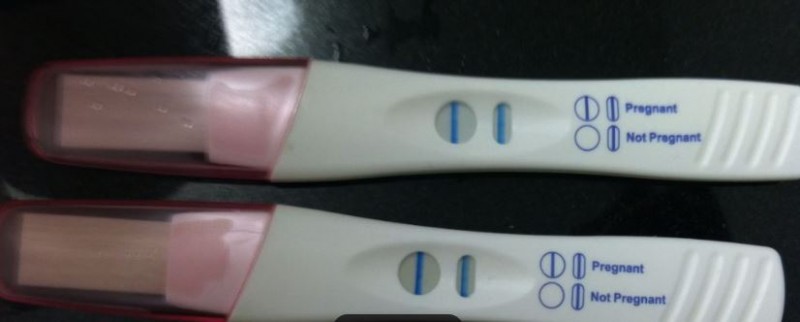
Congratulations on your pregnancy journey! The first three months of pregnancy, often referred to as the first trimester, are crucial for both you and your developing baby. To ensure a healthy pregnancy, it's essential to undergo various tests and screenings. In this comprehensive guide, we'll walk you through the necessary tests to be done during the first three months of pregnancy.
The first step is often taken at home. Use an over-the-counter pregnancy test to check for the presence of the hormone hCG (human chorionic gonadotropin) in your urine.
After a positive home pregnancy test, your healthcare provider may recommend a blood test to confirm the pregnancy and determine the exact hCG levels.
Knowing your blood type and Rh factor is crucial to identify any potential blood compatibility issues with your baby.
A CBC test checks for various blood disorders and provides valuable information about your overall health.
This test assesses your urine for signs of infection, diabetes, or kidney problems, which can affect your pregnancy.
If you're due for a Pap smear, your healthcare provider may perform it during your initial prenatal visit to check for cervical abnormalities.
Carrier screening tests can identify if you and your partner carry any genetic mutations that could be passed on to your baby.
This combines a blood test and an ultrasound to assess the risk of chromosomal abnormalities, such as Down syndrome.
NIPT is a highly accurate blood test that screens for chromosomal abnormalities without the risk of miscarriage associated with invasive procedures.
A dating ultrasound helps determine your due date and confirms the number of fetuses.
Usually done between 11 and 14 weeks, this test assesses the risk of Down syndrome and other chromosomal conditions.
If you experience bleeding or have a history of miscarriage, an early pregnancy ultrasound may be performed to check for any issues.
CVS is an invasive test that can diagnose certain genetic conditions but carries a slight risk of miscarriage.
Similar to CVS, amniocentesis can detect genetic disorders, but it's typically done later in the first trimester or early in the second trimester.
This non-invasive blood test assesses the risk of chromosomal abnormalities and is an alternative to traditional screenings.
A vital test to ensure your health and prevent mother-to-child transmission if you're HIV-positive.
Syphilis can harm both you and your baby, so screening is crucial.
Checking your folic acid levels is essential for preventing birth defects like neural tube defects.
Low iron levels can lead to anemia, which can be harmful during pregnancy, so regular checks are recommended. In the first three months of pregnancy, these tests and screenings are essential for monitoring your health and ensuring the well-being of your growing baby. Consult with your healthcare provider to determine the specific tests you need based on your medical history and individual circumstances.
The Persistence of Time: Oldest Food Brands Defying Ages
9 Veg Foods High in Zinc to Promote Hair Growth Naturally
Nutritionist's Guide to a Heart-Healthy High Cholesterol Diet